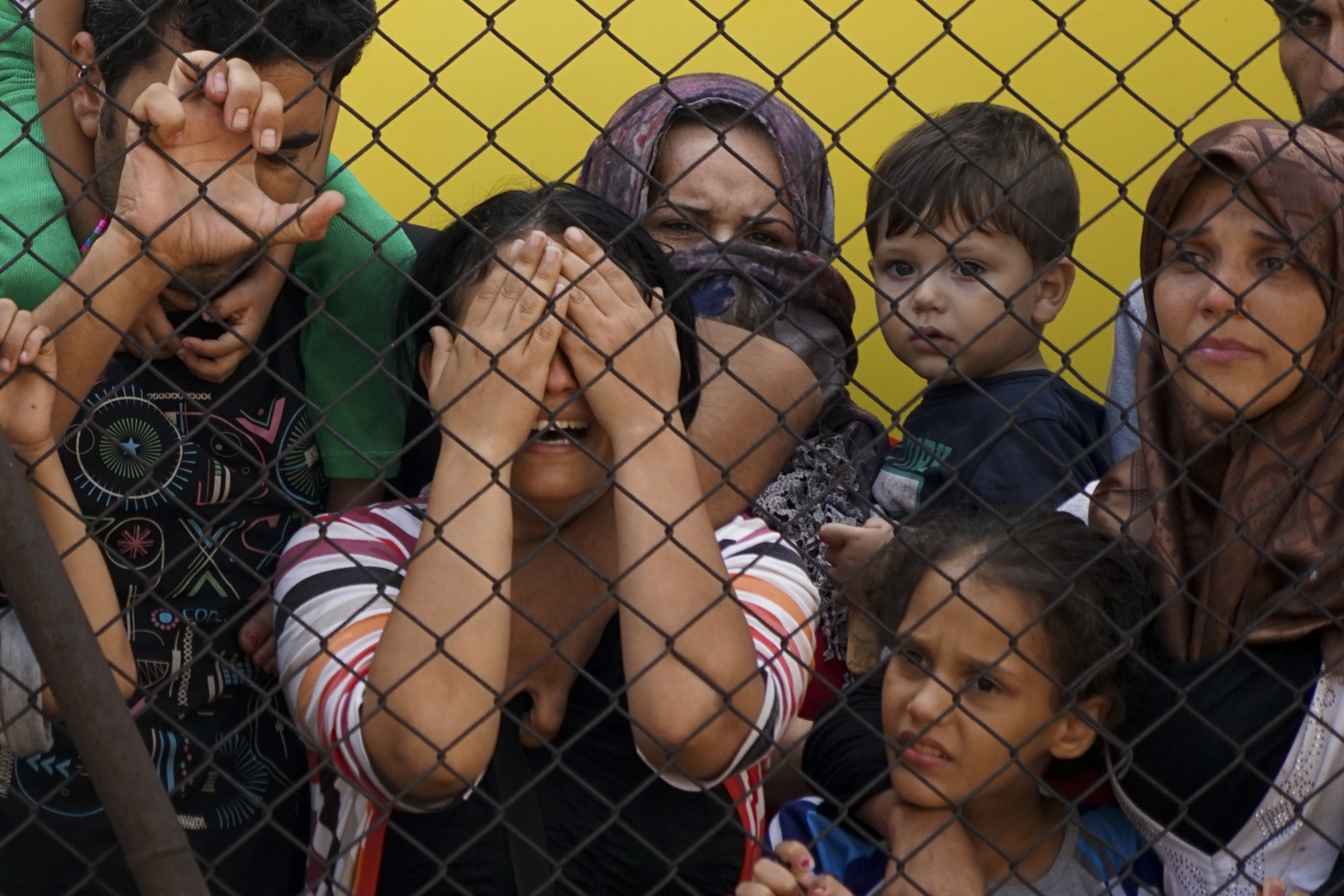The policy recently initiated by the governments of Denmark and Switzerland to seize the valuables of refugees on arrival is another example of governments’ senseless responses to the humanitarian crisis that refugees face in reaching Europe. Notice that I am calling it a humanitarian crisis not a “refugee crisis” and that it is the refugees who suffer this crisis, not Europe. It is important to point this out because words have had such a distorting effect on how Europeans perceive the situation. Anti-immigration rhetoric and inflammatory speech about the scale of refugee arrivals have distracted the public from the core of the problem: that large numbers of people at Europe’s borders are in need of humanitarian assistance because they are at risk of dying. While European countries have tended to be pro-active and generous in providing humanitarian aid after natural disasters (think: the earthquakes of Haiti or Nepal) or after a war (think Darfur or Congo) they have a different approach to this particular disaster. Does it mean that the EU’s humanitarian principles only apply when the people affected are far from its shores? While EU states and institutions have…



